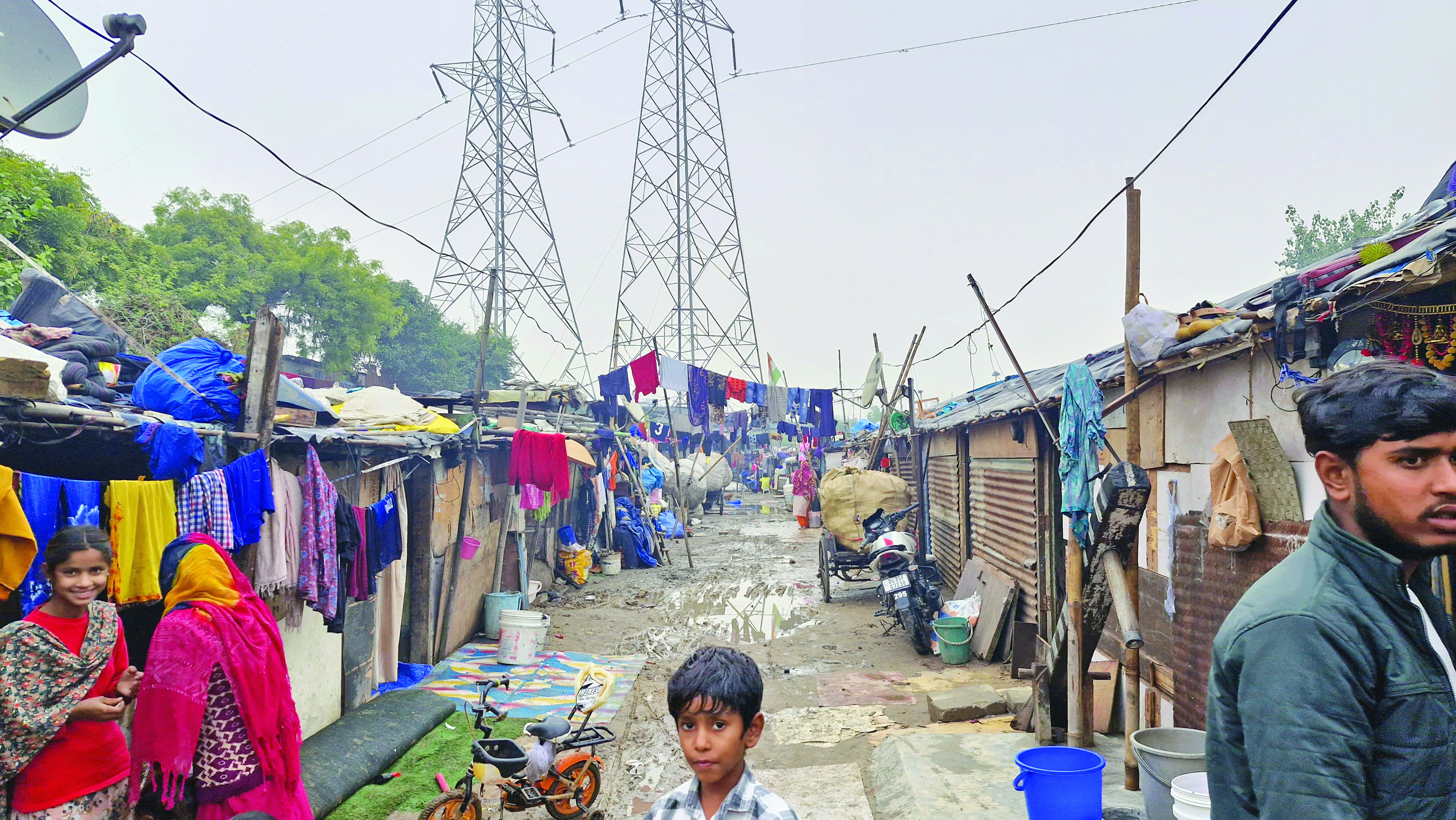Fear grips Bengali-speaking Muslims, Rohingya refugees

NEW DELHI: As Delhi gears up for its assembly elections in 2025, a growing sense of fear and uncertainty has gripped the city’s migrant population, particularly Bengali-speaking Muslims and Rohingya refugees, amid an ongoing police crackdown targeting illegal immigrants. The two-month drive by Delhi Police, initiated on December 11 under the direction of Lieutenant-Governor V.K. Saxena, claims of “sudden spurt” of alleged illegal migrants attempting to secure Indian identification documents and get on the city’s voter rolls.
On December 29, Police identified, arrested and deported eight more Bangladeshi nationals through the Foreigners Regional Registration Office (FRRO). According to officials, more than 1,500 suspected illegal migrants have been identified so far. These drives are being carried out in the slum areas of Outer Delhi districts like Shaheen Bagh, Jamia Nagar, Seelampur, and Kalindi Kunj— home to large populations of Bengali-speaking migrants, many of whom, already vulnerable due to their migrant status, feeling targeted and anxious.
The sense of unease is further heightened for the approximately 4,000 Rohingya refugees living in Delhi, recognized by the UNHCR, who remain vulnerable to detention and deportation despite their legal status.
Noor, one of the slum clusters’ contractor in Madanpur Khadar, that houses around 35 families from Assam, expressed frustration over repeated document checks by the police. “We have all the necessary documents—Aadhar, voter IDs, and NRC papers. Police came twice, but they didn’t find anything illegal. Yet, we are still questioned,” said Noor. “Every time one of us goes out for work and the police stop us, our whole day is wasted. It’s not just a one-off occurrence.”
Madanpur Khadar, located in Southeast Delhi’s Kalindi Kunj, is home to a sizable population of Rohingya refugees. The ongoing crackdown, aimed primarily at Bangladeshi immigrants, has affected them as well, with some refugees being mistakenly identified as illegal migrants and subjected to questioning.
“We are not Bangladeshis, we are Indians,” said a 60-year-old man who has lived in Delhi since 2013. “Our lives are made difficult for political reasons. Why do they never check the identity of people in more affluent areas?”
Political crossfire
The BJP has accused AAP of expanding its voter base by allowing undocumented migrants, particularly from Bangladesh and Myanmar, to register as voters. In contrast, AAP has accused the BJP of targeting legitimate voters—many of them migrant workers—by deleting their names from voter rolls. On December 23, the Delhi government issued an order instructing schools to prevent the enrollment of children from “illegal Bangladeshi migrant” families and to report any concerns about a student’s citizenship status. Educationists have condemned the move as a violation of the Right to Education Act, which guarantees free and compulsory education for children aged 6 to 14, regardless of their background.
Ziadul Islam, a 25-year-old Rohingya boy, spoke about how the heightened tensions have affected his community. “Around election time, I see a lot of hate spreading on social media. There are posts promoting communal disharmony and hate comments against us. It’s disturbing.”
For thesefamilies, the fears are compounded by a lack of basic infrastructure, lacking proper sewage system, clean water; and widespread poverty. “The area is covered in garbage, the muddy roads are unwalkable, and we lack basic amenities,” said Lovely, a small shop owner in the cluster, describing the harsh living conditions. Despite these struggles, migrants like him continue to live in these areas, contributing to the city’s informal economy as daily wage workers, scrap dealers, and street vendors.
“We face the constant threat of being thrown out of the city we’ve built our lives in,” she added.



